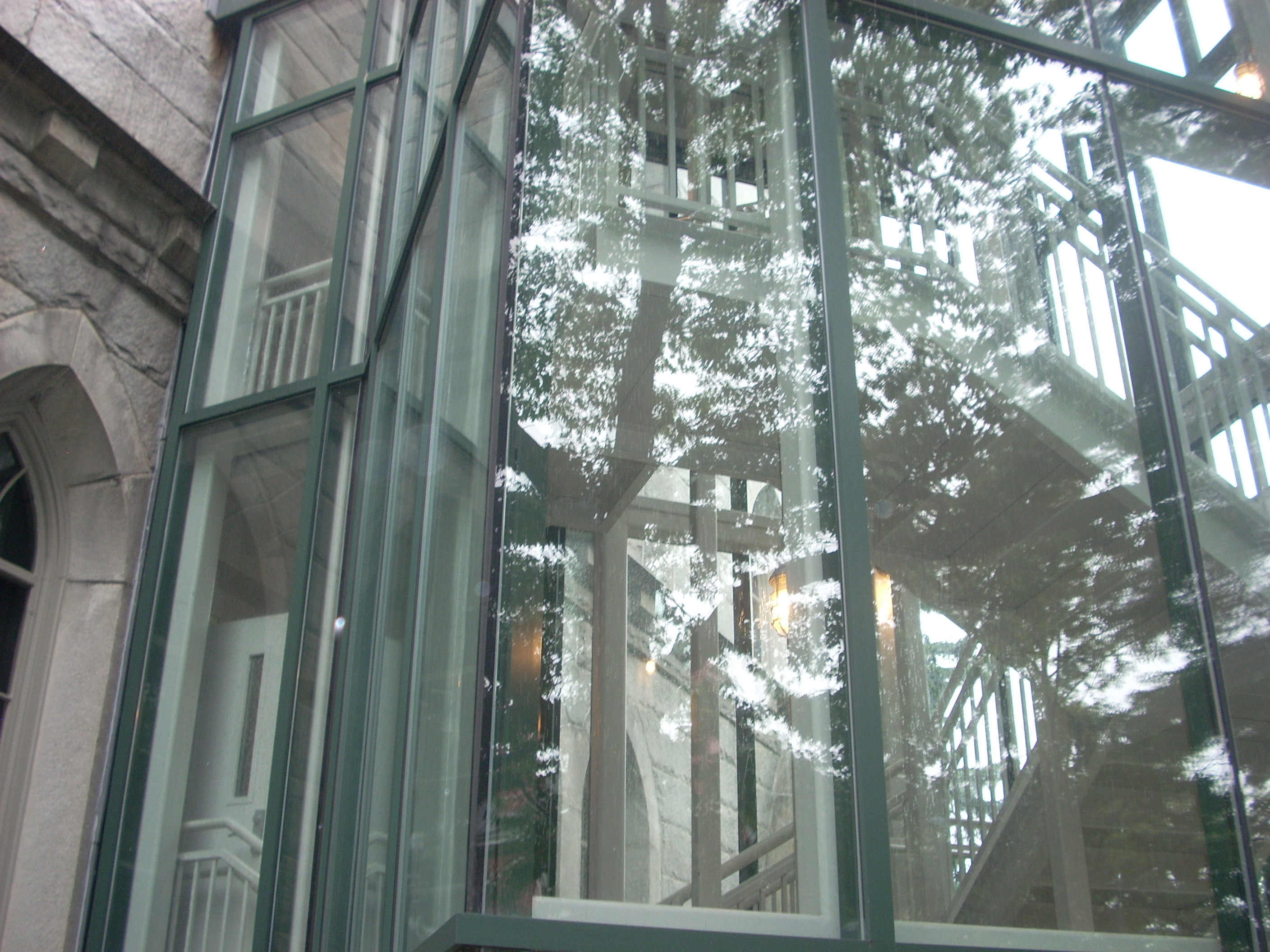
Forced Exposure
Luft describes (and warns about) a process that he calls “psychological rape.” This is the process of “forcibly revealing what the individual is not ready to perceive. “ This forced exposure can, in turn, generate feelings of inadequacy, incompetence, and impotence in the person being “raped.” Forcing Q2 behavior out into the open (to Q1), can be traumatic. This is a critical point—and is a frequent source of misunderstanding regarding the Johari Window.
Human interaction models (especially from the American School) are often built on the assumption that feedback is inevitably a good thing. The Johari Window model has always been based on the assumption that feedback (and disclosure) are powerful interventions in any dynamic relationship and should be offered cautiously and with full appreciation of the complexity of relationships and interpersonal needs (Schutz) being engaged in these relationships.
Some psychoanalytically-oriented (British School) psychologists have written about the wisdom of one’s defenses. These psychologists indicate that we should trust our own resistance—our inner wisdom. Luft arrived at a similar conclusion in his original formulation of the Johari Window when writing about the “safety devices” that exist to counter a psychological rape:
High anxiety and turmoil may result. Fortunately, a number of safety devices exist within the individual and within the group so that protection against psychological rape is possible. In the individual, denial of the forced disclosure is probably the most common reaction. There are other ways of avoiding, ignoring, rationalizing, or otherwise deflecting the disclosure.







